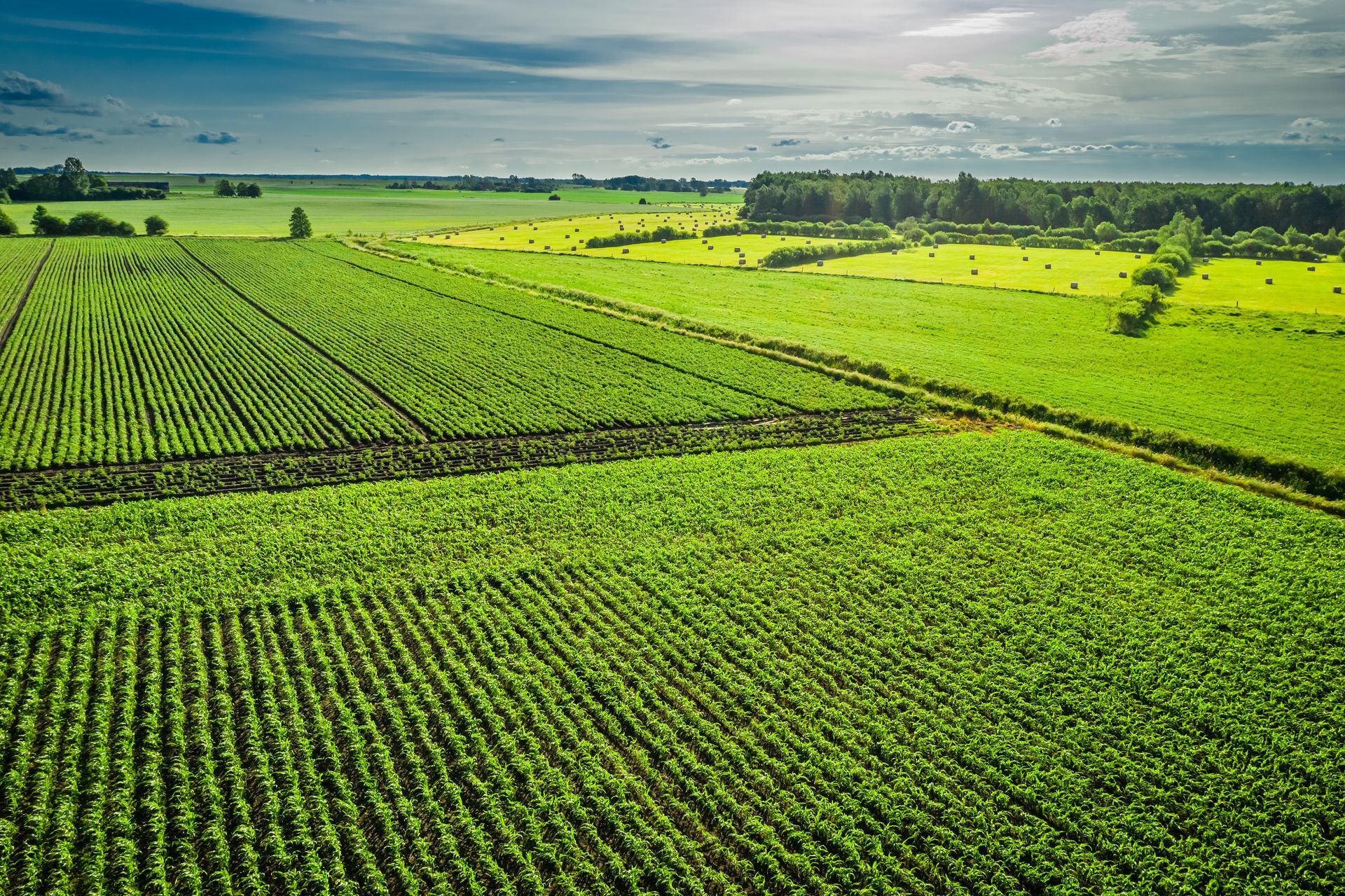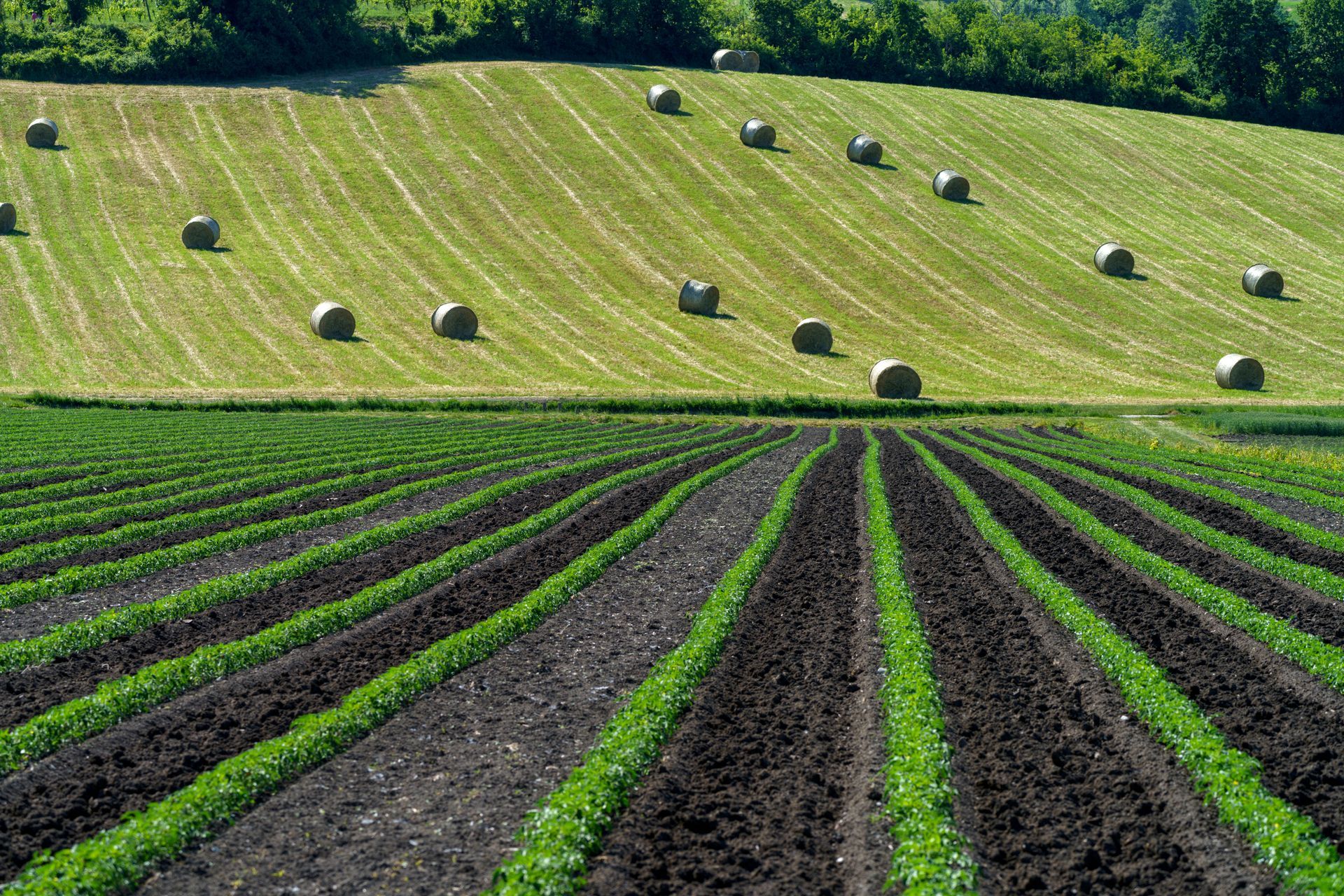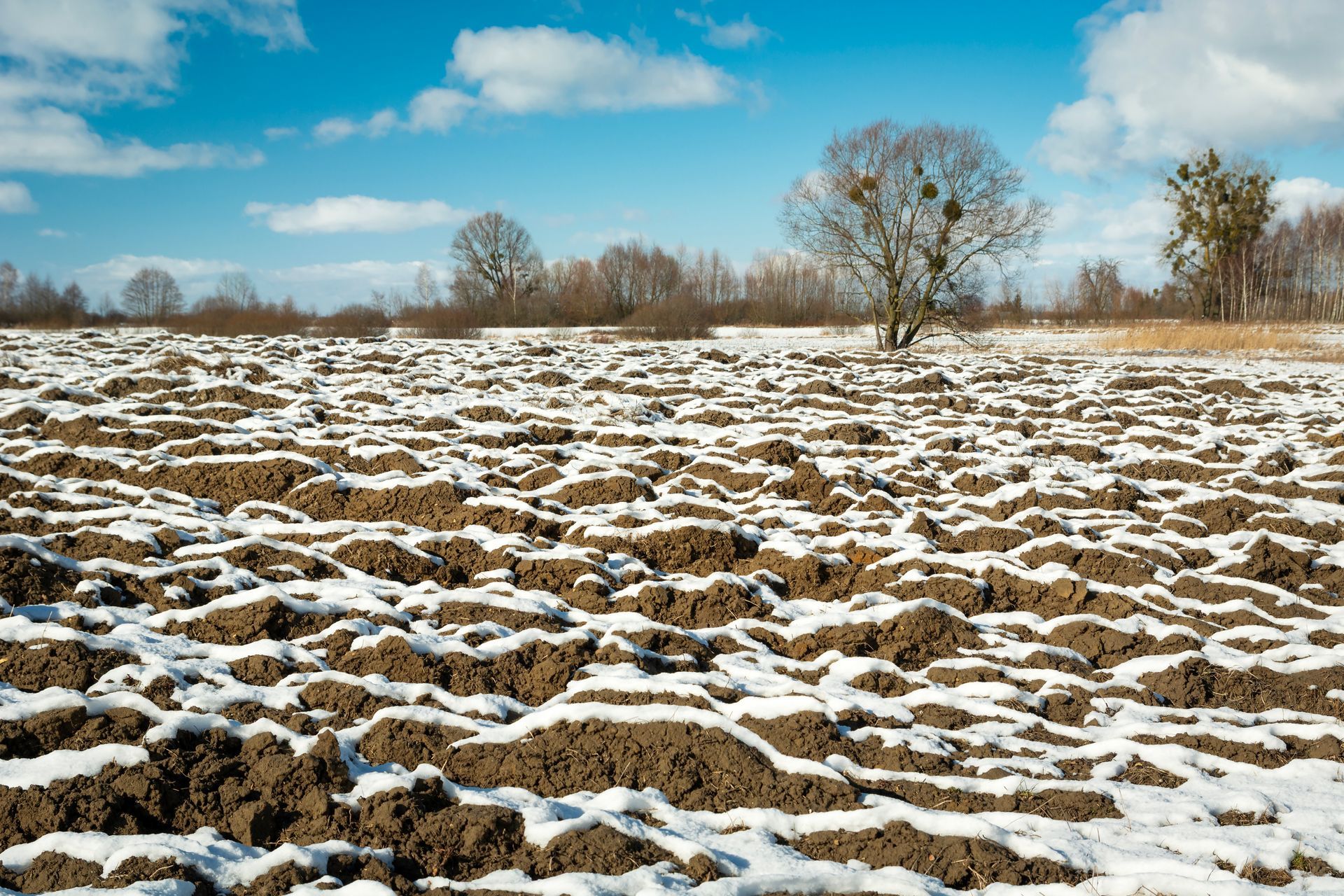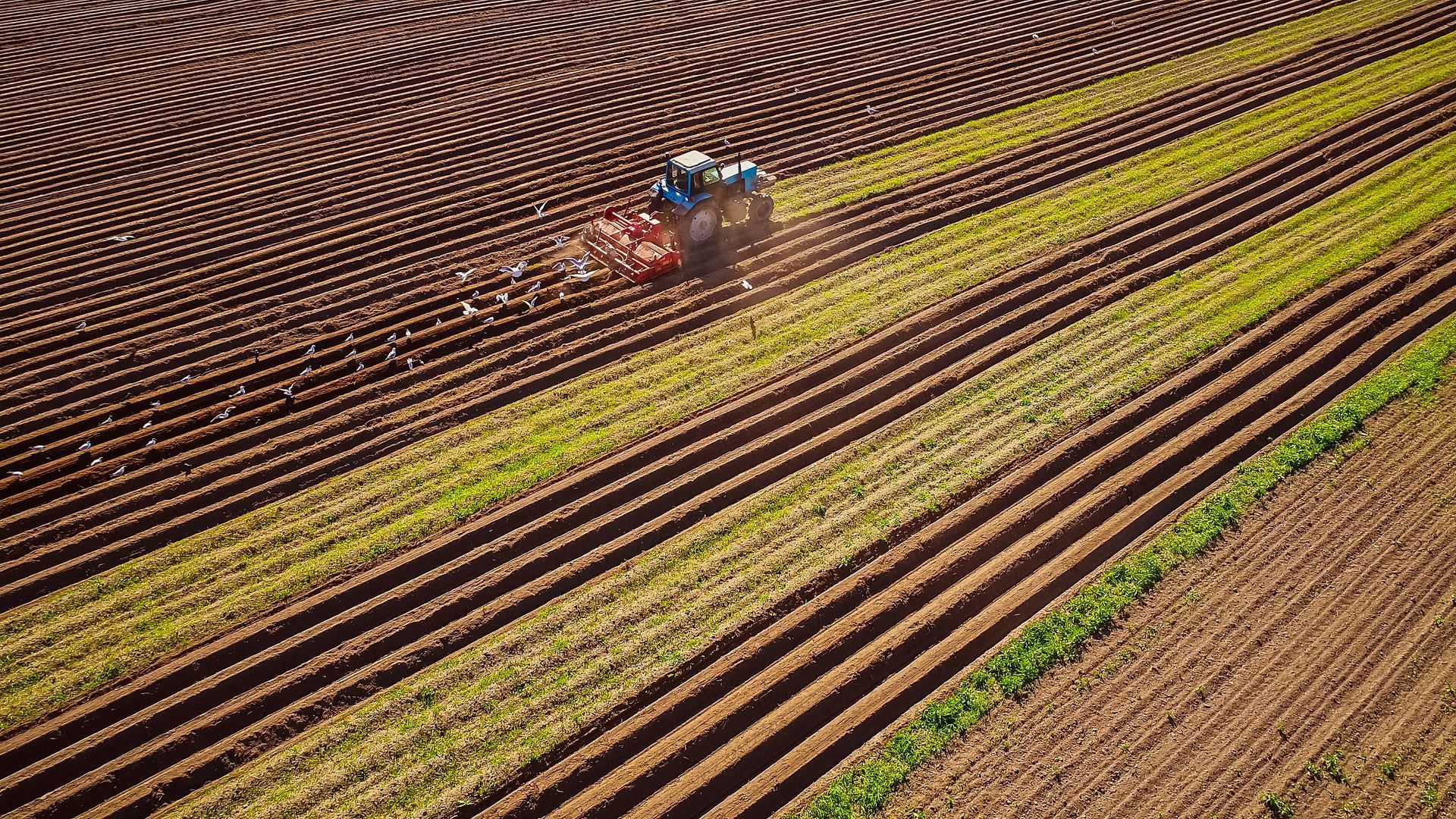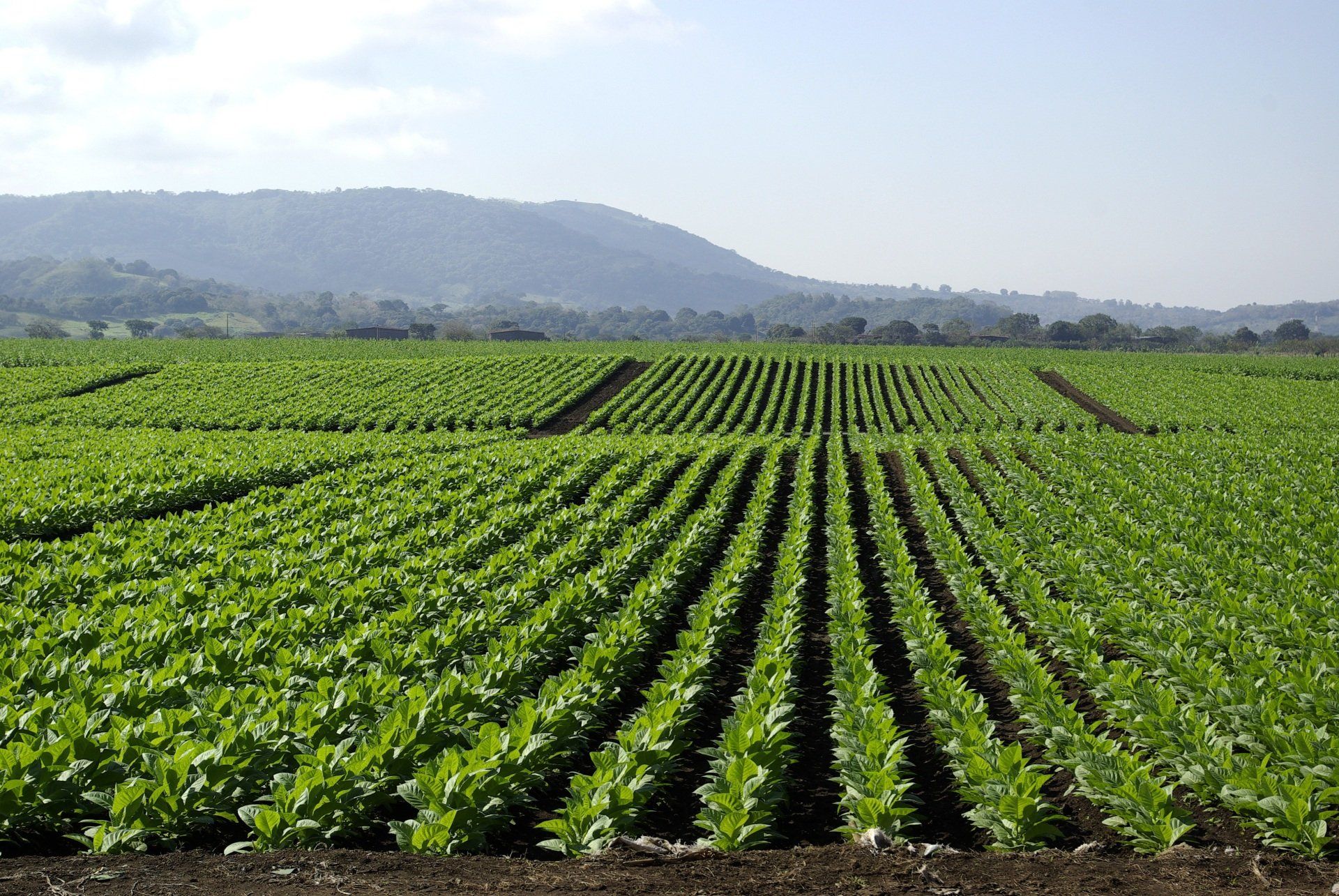By David Garman
•
December 5, 2025
Soil compaction stands as one of the silent productivity killers on any farm, whether you rely on traditional tillage or embrace conservation methods. You see the signs: stunted root growth, standing water, and reduced crop yields. At Richland Micro Drainage, we know that solving compaction and achieving healthy soil requires more than just breaking up hardpans; it demands expert water management. Our micro drainage systems that reduce soil compaction are designed to improve aeration and foster optimal growth, regardless of your farming style. The Compaction Crisis: Why Drainage is the Answer Soil compaction occurs when soil particles are pressed together, significantly reducing the pore space needed for air and water. While heavy machinery traffic is the main culprit, compaction is exacerbated when you work or drive on wet soil. When soil is saturated, it loses its structural strength, making it easily compressed. For conventional farmers, this leads to soil compaction in conventional agriculture, creating "plow pans" that restrict root growth. For no-till farmers, a lack of tillage means water struggles to infiltrate compacted layers, leading to surface ponding and poor drainage. Richland Micro Drainage offers solutions that tackle the root cause of this vulnerability: excess water. Preventing Water Logging via Subsurface Drains : Our micro drainage systems efficiently remove excess water from the root zone. Since wet soil is most susceptible to compaction, keeping your fields drier significantly increases the number of days you can safely operate equipment. Sub-Surface Drainage to Improve Soil Aeration : Removing water allows air back into the soil. This vital process promotes root respiration and supports the biological activity needed to naturally rebuild healthy soil aggregates. Methods to Reduce Compaction in Any System Regardless of whether you use traditional, strip-till, or no-till practices, you can employ strategies that reduce compaction, all of which are enhanced by proper drainage: Avoid Trafficking Wet Soil : This is the golden rule. Our drainage systems allow your fields to dry out faster, improving the timeliness of your operations and eliminating the primary cause of compaction. Control Traffic : Use GPS to confine wheel traffic to specific lanes. Our drainage ensures that the protected areas remain loose and well-aerated. Increase Organic Matter : Practices like cover cropping add organic residue, which acts like a sponge, making soil more resilient to pressure. Our drainage systems create the optimal environment for cover crops to thrive, accelerating this benefit. Micro Drainage Systems that Reduce Soil Compaction Richland Micro Drainage provides the technology to tackle soil compaction head-on. Our micro drainage concept uses specialized 2-inch pipe installed at a shallow depth and with closer spacing. This configuration creates efficient pathways for water to move quickly out of the soil profile. This effective drainage acts as a permanent structural defense, ensuring the soil naturally recovers its structure and making it less susceptible to the pressure of machinery. This leads to healthier root systems capable of penetrating deeper, better water infiltration, and improved nutrient availability, all contributing to your final goal: increased crop growth. Ready to achieve healthy, less compact soil? Partner with Richland Micro Drainage. Our proven micro drainage techniques and products provide powerful sub-surface drainage to improve soil aeration, ensuring you get the most out of every acre you farm. Contact us today to learn how our systems can transform your soil health and boost your yields.
